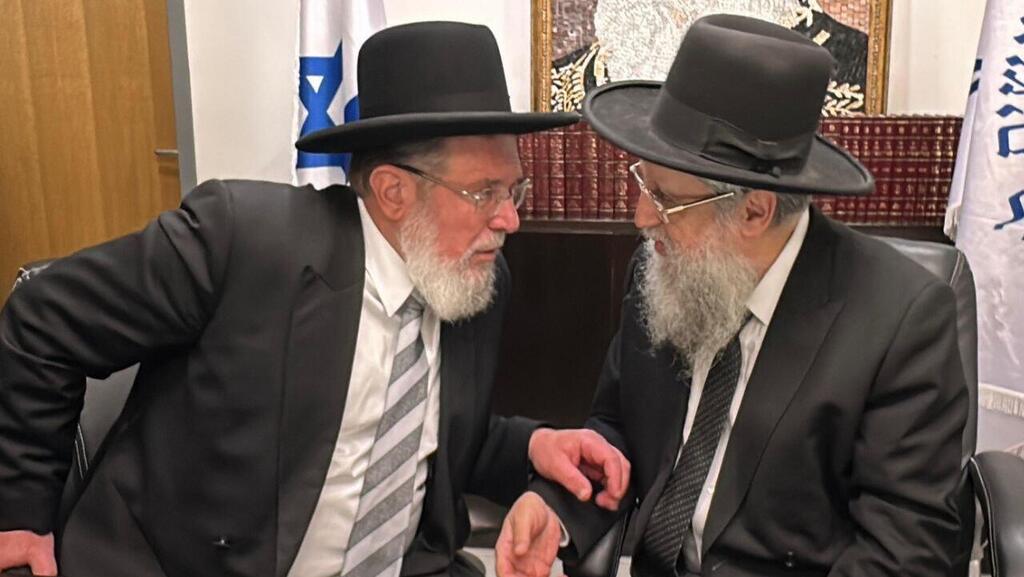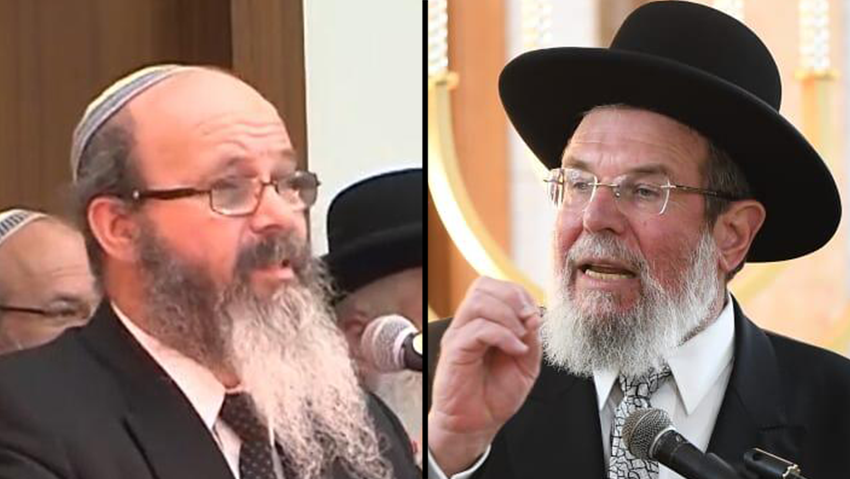The campaign for the positions of Israel’s chief rabbis concluded on Thursday after over a year of delays and court proceedings. Following the second round, Rabbi Kalman Ber was elected as the Ashkenazi chief rabbi.
His opponent, Rabbi Micha Halevi, who had the backing of Finance Minister Bezalel Smotrich and Shas Party chairman MK Aryeh Deri, received 58 votes, while Rabbi Ber received 77. An additional blank ballot was found in one of the envelopes. In September, Rabbi David Yosef was elected as the Sephardi chief rabbi with a significant lead over the other candidates.
In the first round held late last month, the election ended in a 40-40 tie after a ballot cast for Rabbi Micha Halevi was disqualified because it was placed in the wrong ballot box — the one designated for the Sephardi chief rabbi election. The polls opened at noon and closed at 4 p.m., with 136 of the 140 voting body members casting their ballots.
Rabbi Kalman Ber, who previously served as the rabbi of the city of Netanya, was raised in religious Zionist institutions and served as a combat soldier in the IDF’s Nahal Brigade, although his children study in ultra-Orthodox yeshivas.
Rabbi David Yosef, who will serve alongside him as the Sephardi chief rabbi, congratulated him after the results were announced.
"We’ve been through a challenging election process. There was a lot of background noise and the past year and a half was far from easy. I got to know Rabbi Kalman up close from the start. We were always friends, but we’ve developed a strong bond. There’s no joy like resolving uncertainties and we’re fortunate to finally have two chief rabbis today,” he added.
"God willing, we’ll be like partners managing a business — each completing the other, each feeling that he can’t do without the other. We’ll work together in unity and love. The public looks to us, and, God willing, we’ll serve as a wonderful and positive example of working together in brotherhood and friendship,” The Sephardi chief rabbi added.
“This will sanctify God’s name and elevate the standing of the Chief Rabbinate of Israel. The rabbinate’s status needs substantial strengthening. We have much work ahead, both practically within the chief rabbinate and religious courts and among the people, fostering connection and unity. The nation is torn, and together we’ll do everything we can to sanctify God’s name."
Get the Ynetnews app on your smartphone:




